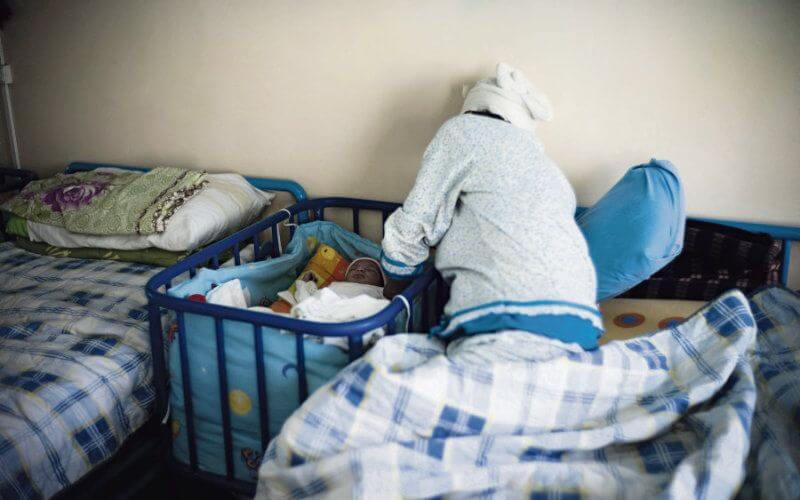Morocco’s Single Mothers Face Legal and Social Stigma

In Morocco, single mothers continue to be victims of prejudice and discrimination. As proof, Moroccan law does not allow these women to request DNA tests to establish the paternity of their child.
"In Morocco, everyone looks at you strangely when they know you are a single mother," says Zineb (pseudonym), a 19-year-old single mother, to the newspaper El Pais. The young woman, who gave birth a little over a month ago, lives with her baby in the shelter of the National Institute of Women’s Solidarity (INSAF) in Casablanca. The center currently houses about twenty orphaned children and their mothers, who have been rejected by their families.
As part of the reform of the Family Code, feminists are demanding that the child of a single mother be recognized the right to bear the name of his father, to benefit from alimony and to claim inheritance. Consulted on the issue by King Mohammed VI, the Council of Ulema, the highest religious authority, considered that DNA tests to determine paternity are "contrary to sharia (Islamic law)".
"In 25 years of existence, we have welcomed about 15,000 women. Today, we welcome a thousand a year, but we need much more social support," explains Amina Khalid, 58, secretary general of INSAF. The Institute takes care of the mother before childbirth for at least six months and covers the child’s expenses for two years, while continuing to follow the child afterwards, adds Saadi el Allawi, 26, head of social development at INSAF.
For Khalid, "being a single mother in Morocco is to be condemned to a life of discrimination." Not accepting DNA tests as proof of paternity is a violation of the Moroccan Constitution, which requires the State to guarantee "equal legal protection and social consideration to all children, regardless of their family situation," says Nezha Skali, 73, former Minister of Family (2007 to 2011). For its part, the Economic and Social Council (CESE) has expressly called for the recognition of the right to DNA tests as a "scientific element for determining paternity".
Related Articles
-

Marrakech Rattled: 4.5 Magnitude Aftershock Strikes as Reconstruction Efforts Forge Ahead
3 September 2025
-

Morocco’s High-Speed Rail Revolution: Casablanca Undergoes Massive Transformation for TGV Expansion
3 September 2025
-

Drug Baron’s Prison Letter Exposes Notary in Kenitra Trafficking Scandal
2 September 2025
-

Moroccan Talent Surge: France’s Top Schools Embrace North African STEM Brilliance
2 September 2025
-

Wealthy Young Driver Jailed After Deliberately Running Over Gendarme at Moroccan Checkpoint
2 September 2025